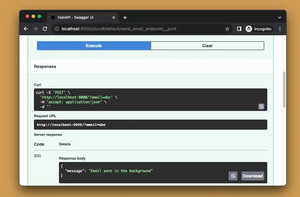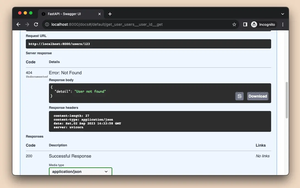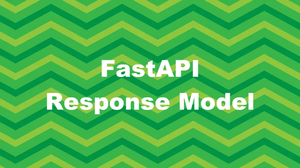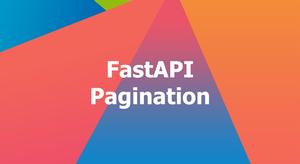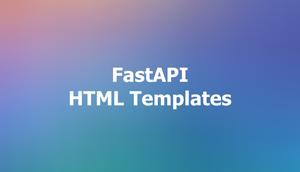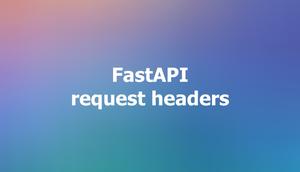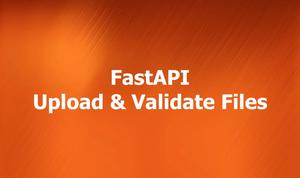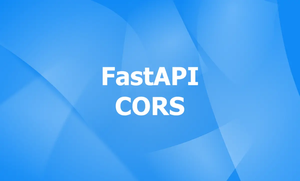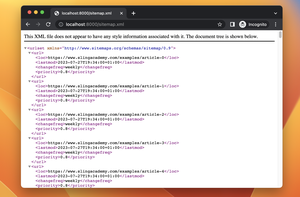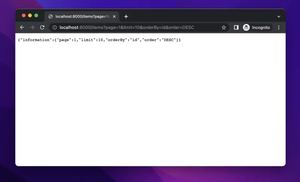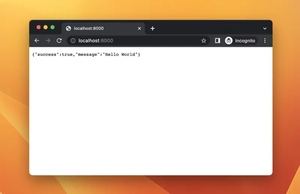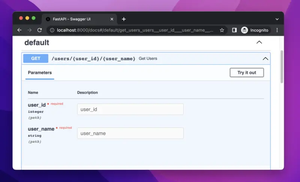The Problem
When working with FastAPI, it’s common for developers to stream data to clients. However, you might encounter an error like ‘NoneType’ object has no attribute ‘encode’ which can be a hurdle. This error typically occurs when a StreamingResponse is constructed with a value that’s None, or the streaming generator function yields a None value. Below are solutions to tackle this issue.
Solution 1: Check Generator Content
Ensure the generator function used in StreamingResponse does not yield None values.
- Review the generator’s function code.
- Identify any point at which
Nonecould be yielded. - Add conditions to prevent
Nonevalues.
Code example:
from fastapi import FastAPI, StreamingResponse
from typing import Generator
app = FastAPI()
def some_generator() -> Generator:
for i in range(10):
if i % 2 == 0: # condition to filter out unwanted values
yield str(i).encode()
@app.get("/")
async def main():
return StreamingResponse(some_generator())
Advantages: Simple fix, prevents the StreamingResponse from breaking.
Limitations: Requires code refactoring and thorough testing to ensure None values are not passed.
Solution 2: Validate Response Before Stream
Validate or transform the response content before passing it to StreamingResponse.
- Inspect the data that will be streamed.
- Create a validation function to discard or transform
Nonevalues. - Apply this function to the data stream.
Code example:
from fastapi import FastAPI, StreamingResponse
from typing import Generator
app = FastAPI()
def validate_content(item):
if item is None:
return '' # or some default value
return item
def some_generator() -> Generator:
for i in range(10):
yield validate_content(str(i) if i % 2 == 0 else None).encode()
@app.get("/")
async def main():
return StreamingResponse(some_generator())
Advantages: Cleans the data before it reaches the client, safeguards against other potential encoding issues.
Limitations: Adds another layer of complexity and additional processing time for data validation.
Summary
The AttributeError encountered in FastAPI StreamingResponse is typically caused when ‘NoneType’ data is inadvertently included in the response stream. While the solutions provided here can remedy the issue, care must be taken to properly test the endpoint to ensure data integrity and avoid impacting performance negatively. Always ensure that your data is encoded properly before streaming.
